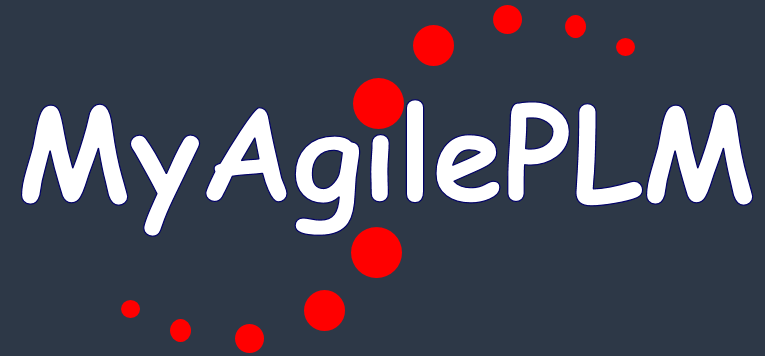Mark Carson, Director of Product Management, Oracle Order Management Cloud
Imagine, for a moment, that you’re a mobile device manufacturer, and you just landed a global contract to deliver 50,000 cell phones to every employee of a big software company.
A huge order like this is a great problem to have. It can also be a very complex problem.
Let’s say that the client has subsidiaries across 10 different countries, each with its own purchasing department and currencies. The orders might flow in via a variety of sales channels: your web portal, direct sales, electronic data interchange (EDI)—maybe even through one of your partners or resellers.

Want to learn more? Download Distributed Order Management for B2B from ARC Advisory Group.
Depending upon the country, some of the devices might be make-to-order or configure-to-order. You’ll need to coordinate these orders across multiple layers of in-house supply sources, outside suppliers, and outsourced manufacturers.
What if your existing ERP systems were not designed to support these kind of multi-channel demands?
Unfortunately, this situation is all too common. Many companies have varied and disconnected processes for order management, resulting in manual order entry into multiple systems and inconsistent responses to customer inquiries on status and availability. All of this makes it difficult to provide a consistent buying experience.
So, what are your options? And why should you, as a finance professional, even care about order management in the first place?
Three reasons: cost, margin, and time to revenue. We’ll look at each of these in a moment.
A Better Approach to Distributed Order Management
B2B companies have traditionally relied on their ERP systems to manage orders. However, they are increasingly realizing that traditional ERP systems lack the capabilities to support different classes of customers across diverse channels. In cases with multiple ordering channels, there are likely multiple ERP instances, possibly from different vendors. It’s a difficult and costly challenge to integrate and coordinate multiple ERPs to create an effective, multi-channel ordering solution.
You could look at moving to a single instance of cloud ERP globally, which would take out some of the complexity. But you’d still need to connect your system to your suppliers, partners, resellers, and logistics providers.
Distributed Order Management (DOM) can be an effective and easier alternative. A modern, cloud-based DOM solution can leverage existing ERPs as fulfillment sources, which avoids the need to integrate or replace some (or all) of your ERP systems.
3 Reasons Finance Should Care about DOM
If you’re not ready to replace your ERP, and you don’t want to endure the time and cost of yet another integration project, DOM in the cloud offers the following advantages:
- Lower Cost. Distributed order management in the cloud is cost-effective, both in terms of subscription pricing and in the way it makes operations more efficient; it lets you automate many transaction processes, lowering the cost-per-order. And if you’re not in the market for a new ERP, it will help you get more value out of your existing systems.
- Higher Margins. “Smart order promising” lets you find the lowest fulfillment cost to meet each customer’s delivery requirements. This lets you focus on maximizing fulfillment margins while keeping customers satisfied.
- Faster Time to Revenue. If you’ve acquired a new company, a DOM cloud will let you get their products into your channels faster. And when you want to launch a new product, you can start selling it sooner.
A solution such as Oracle Order Management Cloud can easily connect to your existing ERP systems—as well as external systems—to offer all of the above benefits.
Of course, some finance departments are ready for a new ERP and are looking at available options. Here, too, a DOM cloud can offer benefits. Oracle Order Management Cloud runs on the same platform as Oracle ERP Cloud, with a common data model. This provides a high degree of flexibility to support different order-to-cash processes.
Distributed order management can play a critical role in increasing customer satisfaction and sales, which in turn will increase revenue. Whether or not you’re in the market for a new ERP, a distributed order management system in the cloud can help modernize the customer experience and drive client satisfaction. You can deliver on customer expectations as quickly—and profitably—as possible.

Want to learn more? Download Distributed Order Management for B2B from ARC Advisory Group.


Be the first to post a comment.